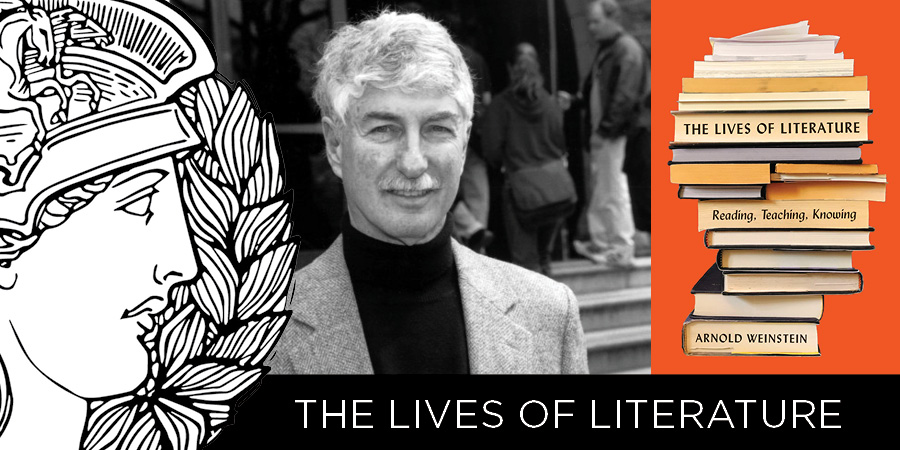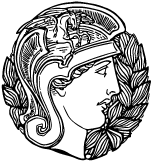
Why do we read literature? For Arnold Weinstein, the answer is clear: literature allows us to become someone else. Literature changes us by giving us intimate access to an astonishing variety of other lives, experiences, and places across the ages. Reflecting on a lifetime of reading, teaching, and writing, The Lives of Literature explores, with passion, humor, and whirring intellect, a professor’s life, the thrills and traps of teaching, and, most of all, the power of literature to lead us to a deeper understanding of ourselves and the worlds we inhabit.
As an identical twin, Weinstein experienced early the dislocation of being mistaken for another person -and of feeling that he might be someone other than he had thought. In vivid readings elucidating the classics of authors ranging from Sophocles to James Joyce and Toni Morrison, he explores what we learn by identifying with their protagonists, including those who, undone by wreckage and loss, discover that all their beliefs are illusions. Weinstein masterfully argues that literature’s knowing differs entirely from what one ends up knowing when studying mathematics or physics or even history: by entering these characters’ lives, readers acquire a unique form of knowledge – and come to understand its cost.
--
Arnold Weinstein is the Edna and Richard Salomon Distinguished Professor of Comparative Literature at Brown University. His recent books include Morning, Noon, and Night: Finding the Meaning of Life’s Stages through Books and Northern Arts: The Breakthrough of Scandinavian Literature and Art, from Ibsen to Bergman (Princeton). He has also recorded five series of lectures on literature for The Teaching Company. He lives in Providence, Rhode Island.


